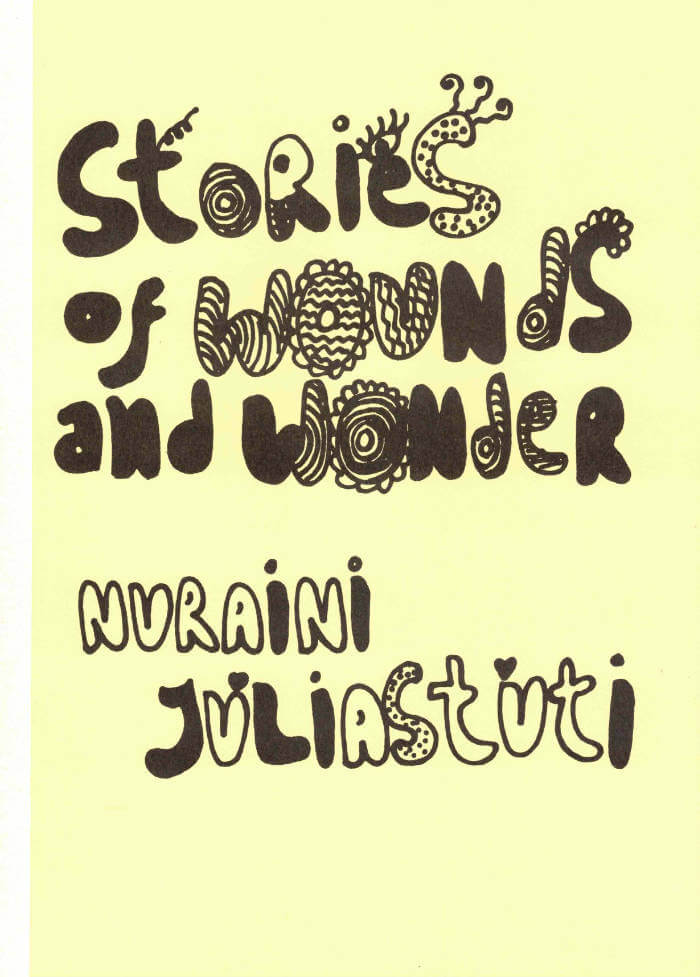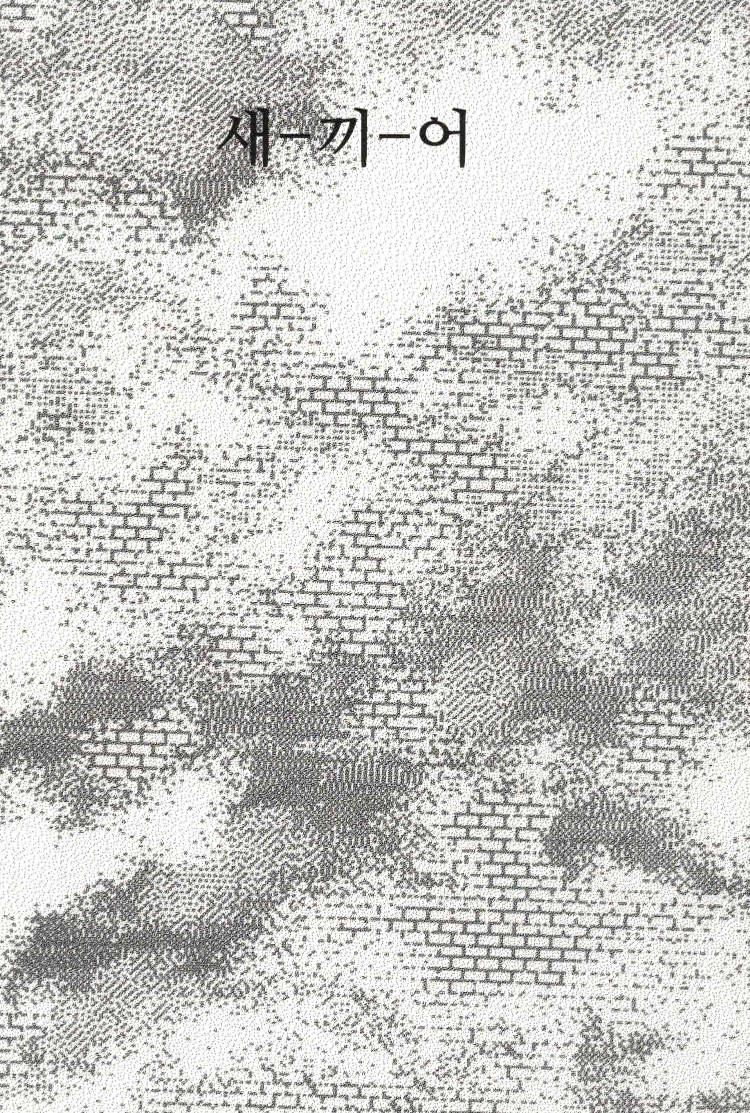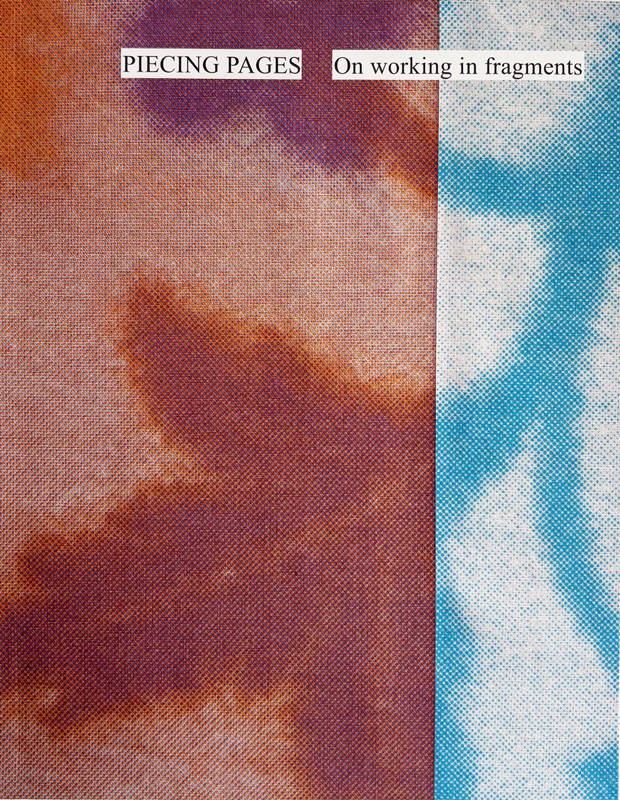
When Technology Was Female: Histories of Construction and Deconstruction, 1917-1989
Continuities and ruptures between the early Soviet (c.1917) and late state socialist (c.1980s) periods are examined through detailed discussions of a wide range of women’s artistic practices, including Liubov Popova, Varvara Stepanova, Tina Bara, Sibylle Bergemann, Věra Chytilová, Natalia LL, Dora Maurer, the Erfurt Women Artists’ Group, Běla Kolářová, Evelyn Richter, Zorka Ságlová, and many others. Featuring over one hundred images of works ranging from costume sketches and stage maquettes, to photographs and film stills, the book offers a sweeping study of over seventy years of women’s artistic production and is meant for any reader engaged at the intersections of feminist and (post-)socialist art histories.
Graphic design: Experimental Jetset
Managing editor: Megan Hoetger
Series editor: Frédérique Bergholtz
Copy editor: Janet Grau







